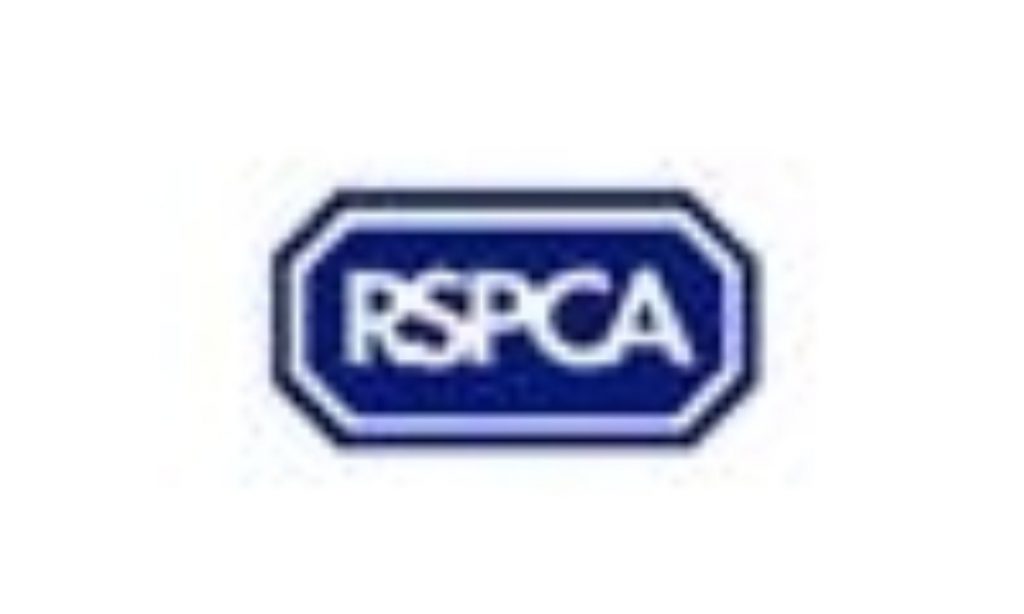RSPCA: Should a chicken go ‘cheap’?
RSPCA launches new campaign as celebrity chefs move chicken into spotlight
Shoppers are being urged to upgrade to higher welfare chicken and sign a new online petition calling for retailers to ditch ‘standard’ chickens as part of a new RSPCA campaign.
The RSPCA believes that the majority of the 855 million meat chickens reared in the UK every year suffer unacceptable conditions. Public attention is expected to focus on these birds in January when celebrity chefs Jamie Oliver and Hugh Fearnley-Whittingstall present programmes about these often ignored farm animals1.
To coincide with the programmes, the RSPCA is this month relaunching its campaign for better farming standards for the chickens we eat. The new drive includes:
· full-page adverts in several national newspapers2 on Wednesday 2 January 2008 in the form of an open letter challenging retailers to sell only higher welfare chicken by 2010 · the creation of a special website with a petition calling on retailers to stock only higher welfare chicken – www.supportchickennow.co.uk · the charity is urging people to make it their New Year’s Resolution to upgrade to higher welfare chickens, such as those labelled Freedom Food3, free-range or organic · the RSPCA is making available a ‘media kit’ to help the issue reach the public4.
Dr Marc Cooper, RSPCA farm animal scientist, said: “If people knew how the average chicken was treated before it ended up as their Sunday roast, they would probably be disgusted. Currently, some supermarkets are selling chicken meat for as little as £2 per kilo – this can be less than it costs to produce the bird. Selling chicken so cheaply doesn’t provide farmers with enough money to enable or encourage them to rear their birds to standards the RSPCA finds acceptable.
“Everyone has a responsibility to ensure chickens are reared to high standards – the retailer, shopper and farmer. We are asking supermarkets to stop selling standard chicken and shoppers to stop buying it. Chicken labelled Freedom Food, free-range or organic is a better welfare alternative. We are asking shoppers to demonstrate to supermarkets that there is a demand for higher welfare chicken by signing our petition and by showing they are willing to pay a little bit more money for a bird that’s had a better life.”
The RSPCA hopes shoppers will insist on higher welfare chicken in the same way that more people than ever are shunning eggs from battery cages. Almost 38 per cent of eggs sold in the UK are now from non-caged hens as millions of shoppers protest against cruel battery farming of laying hens5. But only about five per cent of meat chickens reared in the UK for meat are kept in higher welfare conditions.
– ends –
The problems for chickens produced to the industry’s standards:
There are some 855 million chickens reared a year in the UK – that’s over 90 per cent of the estimated 900 million or so farm animals reared each year in the country.
About 95 per cent of these birds are reared to the industry’s standards. These standards allocate less space than a sheet of A4 paper to each chicken in a shed – that’s even less space than is given to an egg-laying battery hen.
They are also kept in near constant dim light. This discourages activity to maximise their growth and they are only given a few hours of complete darkness each day in which to rest properly. Long periods of light encourage them to eat more and therefore grow more quickly. Furthermore, the birds are bred to grow very quickly which can cause them a variety of health problems such as heart failure and lameness.
The RSPCA’s standards
The RSPCA wants to see all chickens reared to its own welfare standards – used by Freedom Food members – which have been shown to benefit chicken in several ways. The standards require for example:
· The use of genetically slower growing breeds of chickens to help prevent the severe health problems associated with higher growth rates. (The RSPCA’s standards specify that the average genetic growth rate of the birds must not exceed 45g per day.) · 25 per cent more space than industry standards to allow birds to move around and display natural behaviour, such as flapping their wings.
· Up to 10 times brighter lighting than industry standards and a proper dark period to allow chickens an adequate period for rest. By 2010, chickens will also have to be provided with natural light.
· The provision of objects, such as straw bales to perch on and pecking objects to play with to encourage activity and the expression of natural behaviour.
Notes to editors:
1 Channel 4’s Food Season starts on Monday 7 January 2008.
2 The open letter will be published across an entire page of the Daily Mail, Guardian, Independent and Metro newspapers.
3 Freedom Food is the RSPCA’s welfare focused farm assurance and food labelling scheme. The Freedom Food logo on products such as meat chickens gives consumers the reassurance that the animal has come from an environment that has been inspected to the RSPCA’s standards for rearing, transport and where relevant, slaughter.
4 Media kit – the Press Office can make the following materials available:
– Broadcast-quality footage and photos of standard and Freedom Food indoor-reared chickens
– Broadcast-quality footage of interviews with RSPCA scientists on chicken production
– A PDF of the advert.
5 Source of data: Defra statistics (December 2007).
6 Source of data: The Welfare State (Farm Animal Indicators section) – RSPCA report, September 2007.
RSPCA, Wilberforce Way, Southwater, Horsham, West Sussex RH13 9RS
Press office direct lines: 0300 123 0244/0288 Fax: 0303 123 0099
Duty press officer (evenings and weekends) Tel 0870 0555500 and ask for pager number 828825
Email: press@rspca.org.uk Website: www.rspca.org.uk





-01.png)